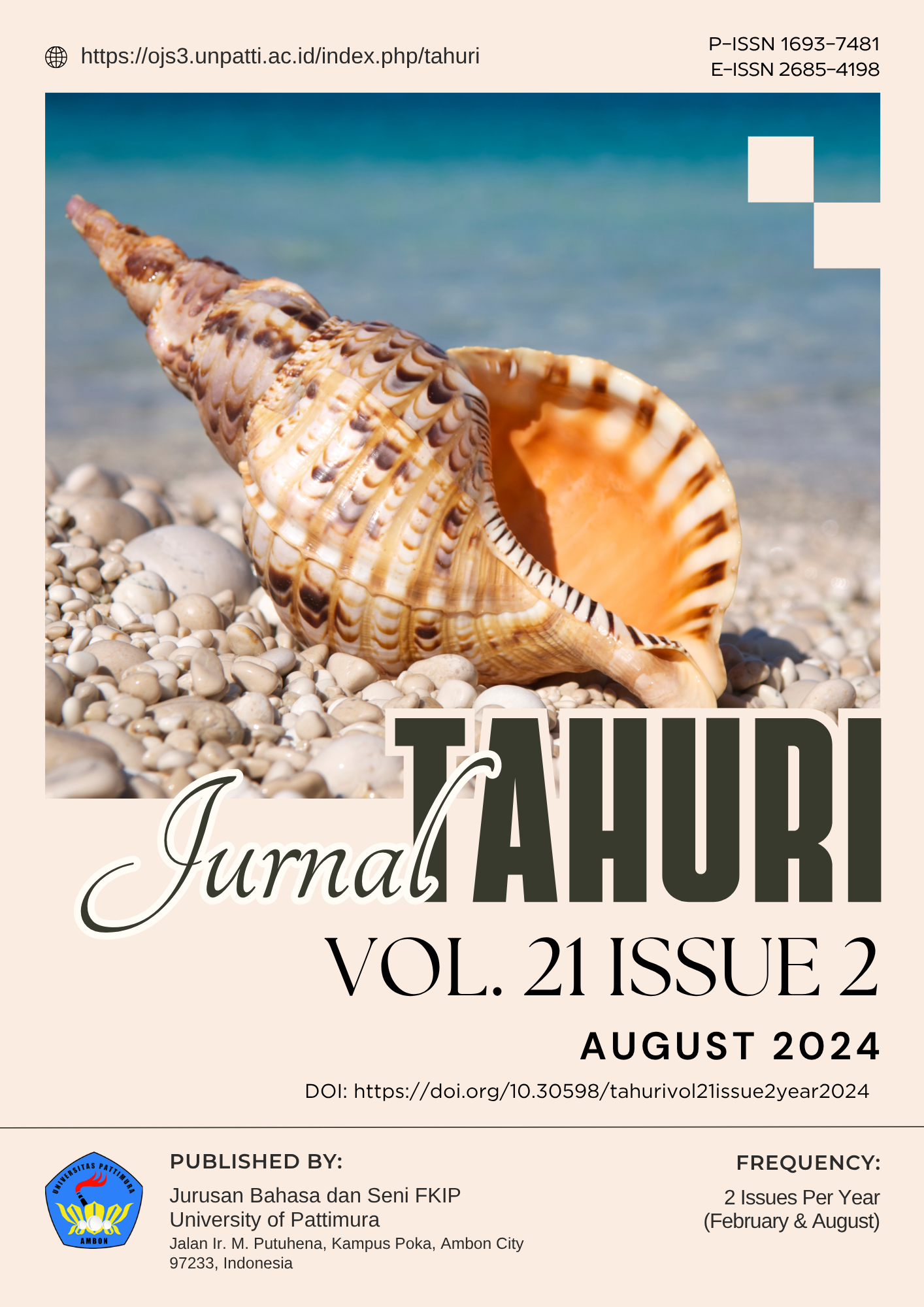Learning Beyond the Classroom: English Clubs and Students’ Speaking Competence in an Indonesian EFL Context
Abstract
This study investigates learning beyond the classroom by examining the role of English Clubs in enhancing students’ speaking competence within the Indonesian EFL context. It is motivated by the limited opportunities for authentic speaking practice in formal classrooms, which remain predominantly grammar- and exam-oriented. Focusing on the English Club at SMA 54 Jakarta, the research aims to describe its design and management, analyze how its activities support students’ speaking development, and identify supporting and inhibiting factors affecting its effectiveness. Adopting a qualitative descriptive–interpretative approach, data were collected through participant observation, in-depth interviews with the club advisor and 10–15 student members, and documentation of club activities and student outputs. Thematic analysis identified recurring patterns in learning practices, perceived progress, and influencing factors, supported by triangulation for credibility. Findings indicate that the English Club serves as an alternative, empowering learning space that complements formal instruction through communicative activities, debates, storytelling, public speaking, and games, that foster fluency, confidence, pronunciation, and interactional strategies. Key enablers include intrinsic motivation, peer solidarity, and teacher support, while time constraints and varied proficiency levels present challenges. The study contributes to understanding English Clubs as communities of practice that operationalize Communicative Language Teaching and Task-Based Learning, offering a replicable model for schools and policy support for student-led initiatives.
Downloads
Copyright (c) 2024 Noval Aditya, Dimas Prayogo, Anggara Anggara

This work is licensed under a Creative Commons Attribution 4.0 International License.




